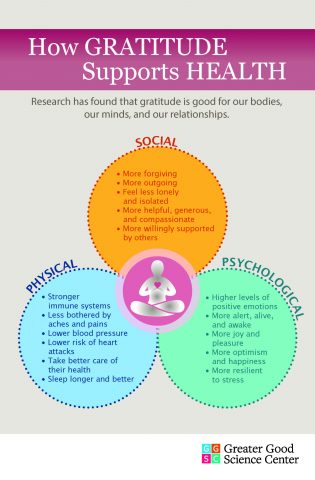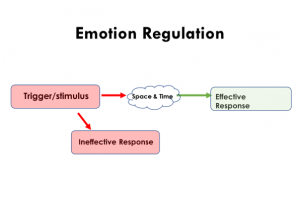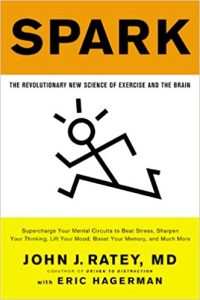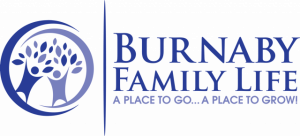Hello Everyone,
‘How are you doing?’ It’s a question we are often asked many times a day. You may answer ‘fine’ or ‘good’ but the answer is not always that simple. Especially, now.
Given a moment to reflect you may be feeling unmotivated, lethargic, down, uneasy, overwhelmed, anxious and/or angry. It is not unexpected. These unresolved feelings often come up when we experience loss, as part of the grieving process. We are all experiencing some sort of loss these days. It could be, for example, a feeling of loss of previous connections with friends, an inability to do the things that used to spark your joy, a loss of employment, or a loss of freedom and safety, We are grieving this loss and not only does this bring up some of the feelings listed above, but it can also be exhausting.
I encourage you to take a moment and reflect back on our original question – How are you actually doing?
I want to take this opportunity, two weeks into the school year, to recognize this loss we are feeling. Furthermore, I want to focus in on how we re-charge ourselves when we are feeling exhausted and overwhelmed, as there are opportunities hidden in this difficult time.
SELF-CARE OPPORTUNITIES
→ CONNECTION – as humans we need social connections, it’s one of our basic needs. Even if you’re feeling tired, withdrawn or overwhelmed, reach out to a friend or family member for a phone call or a walk and it will help you feel better.
→ MAKE TIME FOR YOURSELF– find some “me” time, doing what brings us calm and joy. It may be meditating, yoga, a walk, run or bike ride, reading a book, having a bath, writing or painting etc. Take time to do something that sparks your joy.
→ LET GO OF JUDGMENT – Judgement is often unsettling. Especially during the pandemic there is a lot of judgment – who is wearing a mask and who isn’t, who is physically distancing, and who isn’t etc. Some things are within our control and some are out of our control. A focus on what is within your own circle of control can often be helpful.
→ FOCUS ON GRATITUDE – A shift of focus from what we feel we have lost to what we feel thankful for also shifts our emotions. Keep a gratitude journal, create a dinner-time ritual of every family member saying what they are feeling grateful for or just say it to yourself throughout the day. Despite all the challenges that 2020 has brought, it has also brought us a deep sense of appreciation for things that we may well have taken for granted pre-pandemic.
→ NAME YOUR FEELINGS – Talk about your feelings with a partner, friend, or counsellor. Check in with yourself frequently. A genuine and honest exploration of the question “How am I doing?” can lead you to reflect on what needs to be done so that you can be your best self during this difficult time.
Wishing you all the best this week!
Scott
Adapted from Sharon Selby
